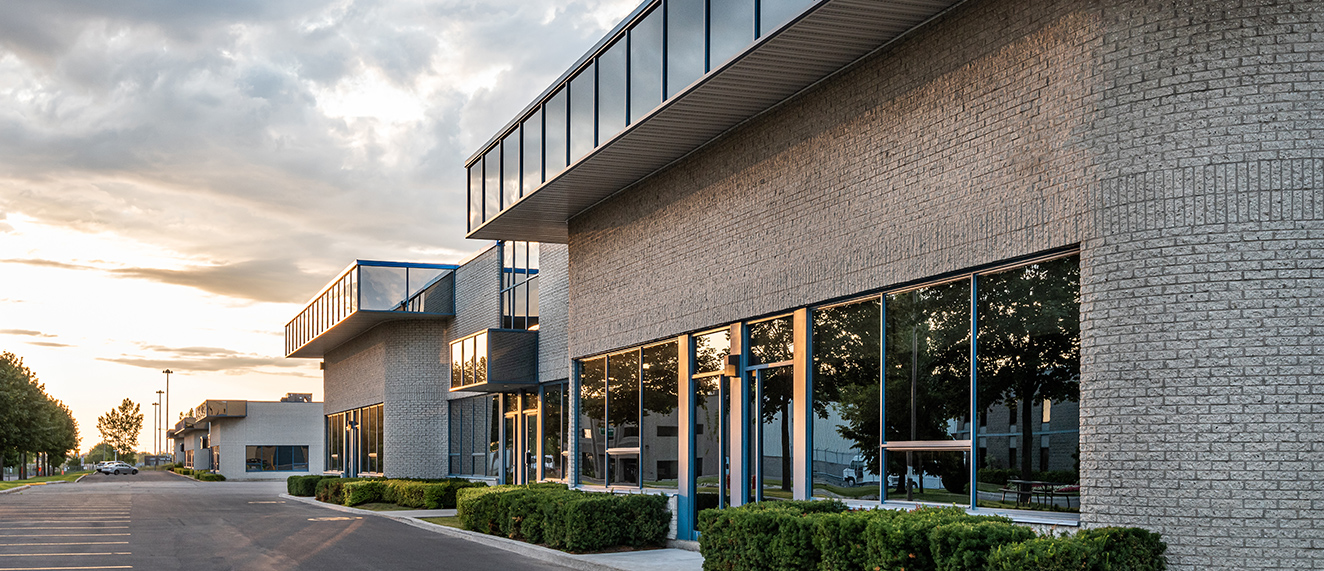Struggling to find content to share on your social media pages?
Our consumer lifestyle blog, REALTOR.ca Living Room, offers content including home improvement, market trends, DIY projects, neighbourhood guides and profiles on unique homes. REALTOR.ca Living Room publishes exciting new content four times a week (with unique French content for our Francophone fans).
While CREA Café is curated specifically to help your business grow and thrive, REALTOR.ca Living Room content is perfect to share with your clients.
Owned and operated by the Canadian Real Estate Association (CREA), REALTOR.ca is the No. 1 real estate platform in Canada (Comscore, 2020) with MLS® System listings from across the country.
Share this blog with your clients and follow REALTOR.ca on Twitter, Instagram and Pinterest.
You can read the original blog here.
According to data from commercial real estate firm Coldwell Banker Richard Ellis (CBR) Group, national office vacancy hit 17.1%, an all-time-high, in the fourth quarter of 2022. Meanwhile, a report by Altus Group and commissioned by the National Association for Industrial and Office Parks (NAIOP) Research Foundation, showed within Canada’s retail segment, “there has been a permanent shift toward e-commerce as a percent of retail sales,” which is putting a damper on the brick-and-mortar aspect of the sector.
These types of shifts have sparked conversations surrounding commercial-to-residential conversions. Known as adaptive reuse, this strategy involves repurposing underutilized commercial stock into new housing options.
It’s a strategy that’s certainly garnered political interest across all parties, supporting the conversion of empty office and retail space into market-based housing. Though not specific to adaptive reuse, the Canadian Mortgage and Housing Corporation launched the Rapid Housing Initiative in 2020 as part of its National Housing Strategy. The initiative aims to “cover the rapid construction of new rental housing units and the conversion/rehabilitation of existing buildings to affordable housing.”
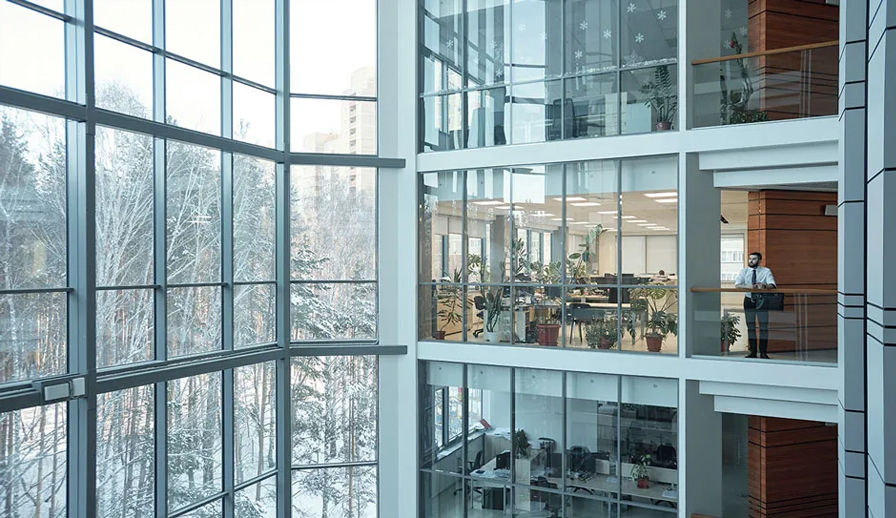
Addressing the national housing supply
Turning vacant commercial spaces into residential housing could be an innovative way to address the national housing supply Canada has been facing for the last few years, which REALTORS® are advocating to help address. As part of the 2021 Federal Budget, it was proposed that $1.3 billion “be advanced and reallocated through the National Housing Co-Investment Fund and the Rental Construction Financing Initiative, including for the conversion of vacant commercial property into housing.”
In its Written Submission for the Pre-Budget Consultations in Advance of the 2022 Federal Budget, the Canadian Real Estate Association (CREA) advocated for the pursuance of “a comprehensive national approach […] to identify changes that could increase the responsiveness of supply to housing demand.”
CREA also maintains that strategies such as converting commercial spaces into residential housing is the type of solution required in order to effectively address Canada’s housing crisis.
“Shortage of housing supply has led to an increase in housing prices, impacting the most vulnerable in our society including renters, new immigrants, and aspiring home buyers,” the submission said. “So far, policies have mostly been demand-side—designed to suppress household debt, while the root causes of undersupply—excessive red tape, fees, lack of infrastructure and coordination among layers of government have gone largely unaddressed.”
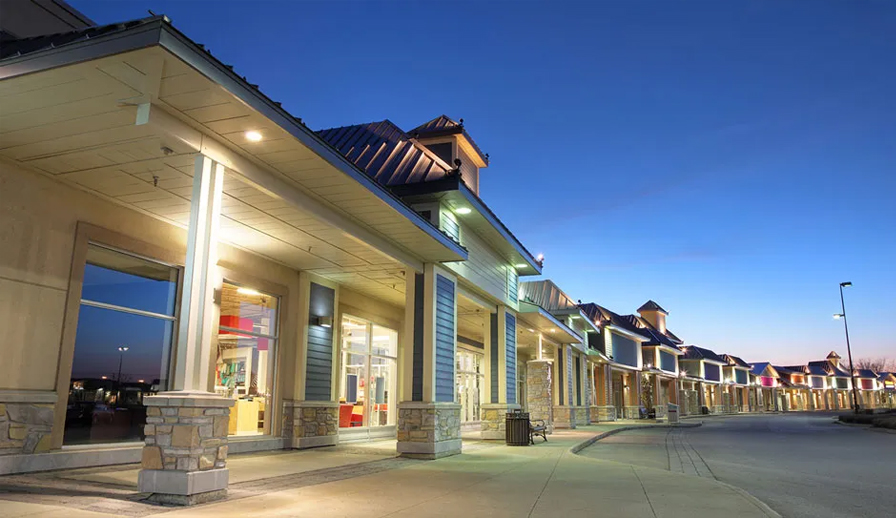
A case for retail and hotel conversions
Steve Da Cruz, a commercial REALTOR® and Vice President of Land and Investment Sales for RE/MAX Commercial Advantage, says some office buildings may not be candidates for conversions, but there’s opportunity for converting other commercial spaces.
“Strip malls, existing malls—a lot of these have vast amounts of parking that hasn’t been utilized,” he says. “In a market as uncertain as we have, these are super desirable for established development groups, because now you’ve got a revenue-positive asset as you take time to develop. You could have four to five residential towers on that site in the next 10 to 15 years, and that would be your master-plan community.”
Another commercial asset with conversion potential? Hotels. However, viability is dependent on suite size. The larger the suites the better, as combining multiple units tends to be costly and complicated, depending on the building’s wiring, plumbing, and other systems.
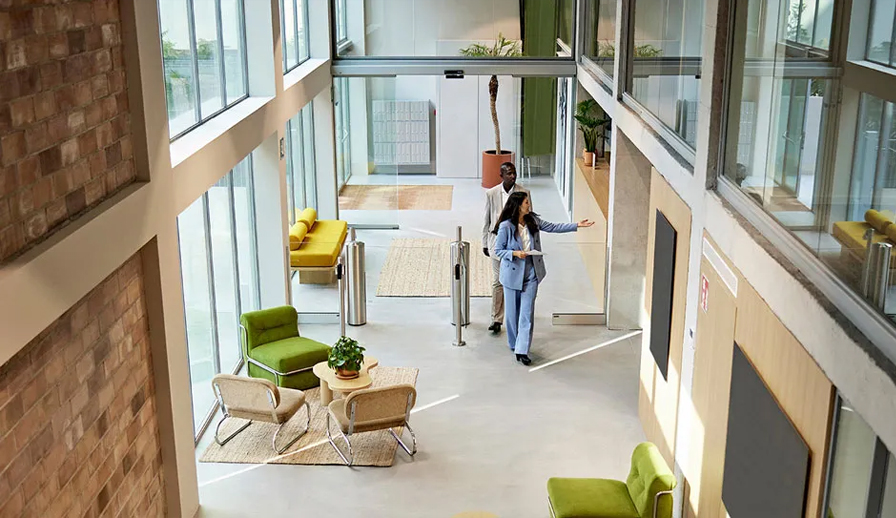
Assessing for adaptive reuse
For a commercial space to be a viable candidate for adaptive reuse, there are certain factors that need to be taken into account. There needs to be a compelling case for the economics of the matter. In addition, the location must be well-connected to public amenities, such as transit, schools and retail, and the layout of the building must ultimately be able to adhere to residential building codes.
Based on a commercial property’s age, it’s also important to consider whether existing plumbing, electrical, mechanical, and building systems can be adapted to meet current standards for environmental efficiency—and if not, whether outdated systems can be reasonably and economically adapted.
But the harder part comes after you’ve considered a property’s potential viability for conversion.
Regulatory barriers, such as re-zoning, up-zoning, and obtaining the correct building permits are a time-consuming process. Due to these types of barriers, it’s critical to work with a commercial REALTOR®—one who has experience working with city planning departments—to get new or converted developments through the regulatory process.
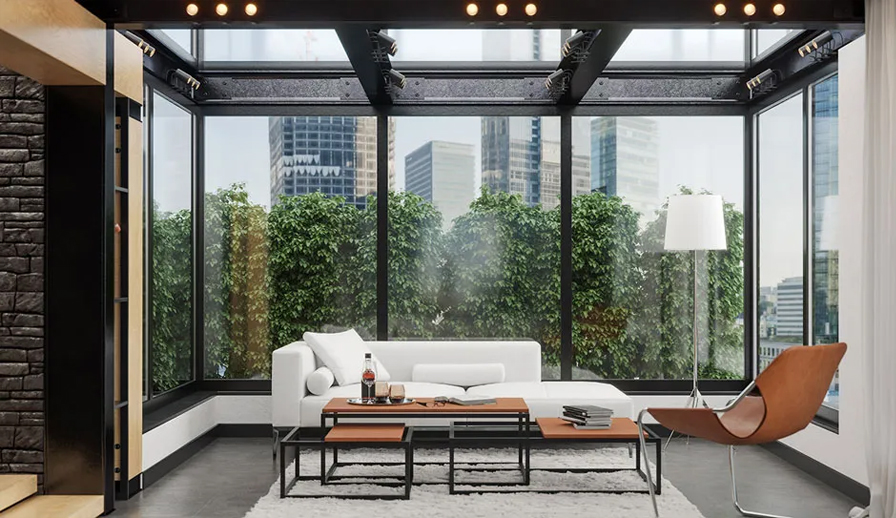
Converting commercial spaces for personal use
The idea of living in a converted storefront or loft might sound appealing, or at the very least unique, but it’s not as easy as just buying a space and moving in. Exact steps will be based on your location and local bylaws, but the first thing will be getting the property rezoned from commercial to residential. This can cost between hundreds and thousands of dollars, not to mention time, and if the property is in a commercial-use only area, the process can become more complicated.
On top of the rezoning, you’ll also have to consider the amount of money required to renovate the space until it’s considered livable. For example, the Ontario Building Code has requirements for window areas and electric lighting for kitchens, laundry rooms, bedrooms, basements, and living or dining rooms.
There are also regulations around window sizes in bedrooms. According to the Saskatchewan Building Advisory, “unless a dwelling is sprinklered, or a bedroom has a doorway to the exterior, every bedroom or combination bedroom must be provided with at least one outside window or exterior door that can be opened from the inside to provide an emergency means of escape or rescue.”
Transforming a commercial space into a residential space could be a great project if it’s a dream or bucket list item, but it likely won’t cost you any less than buying a typical residential property.
Any time you’re considering buying commercial real estate, whether it’s to convert to residential or to use for your business, you should be getting in touch with a designated commercial REALTOR®. They’ll be able to answer all your questions regarding the purchase and potential transformation of a commercial space, as well as give you insight into the current market and what opportunities are available to you.

